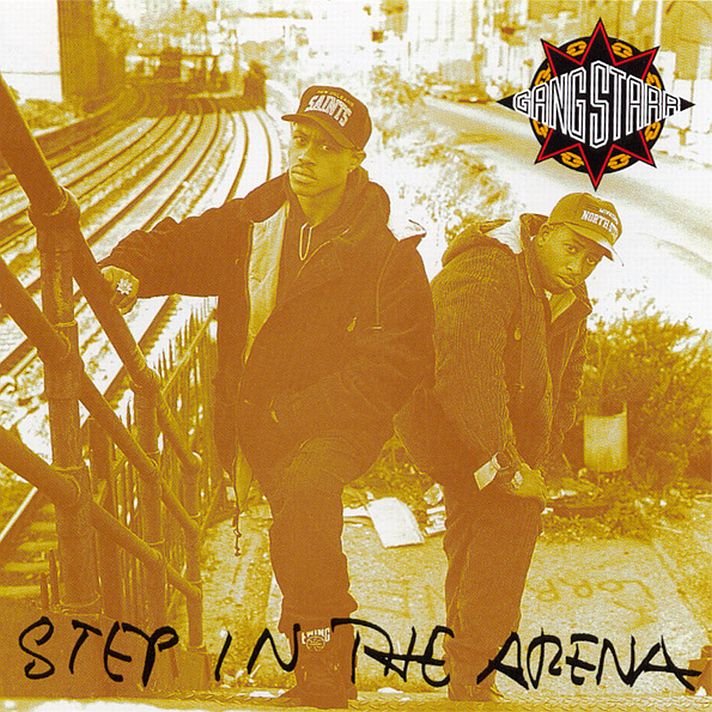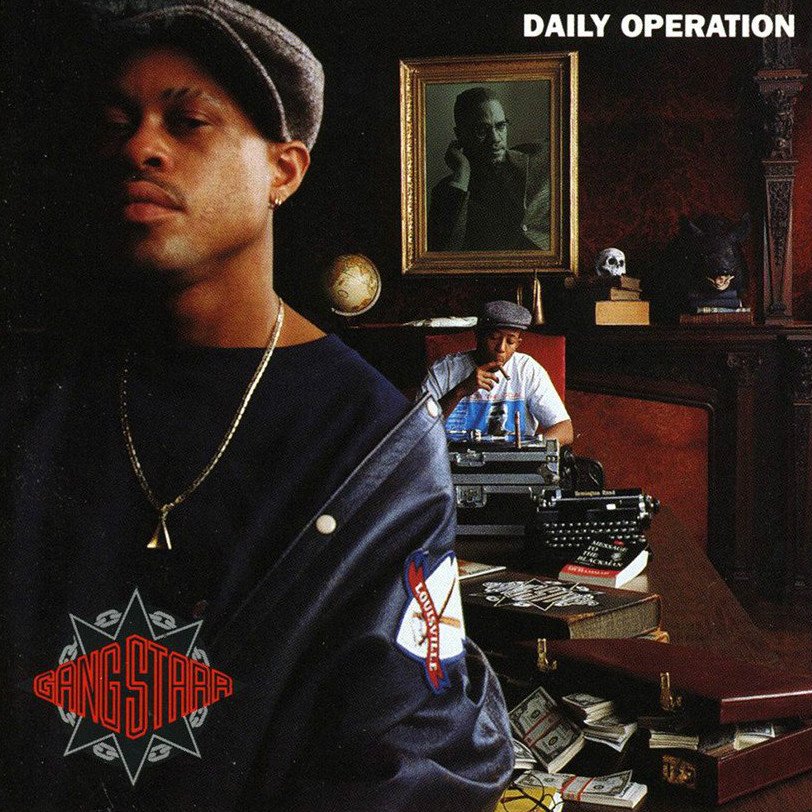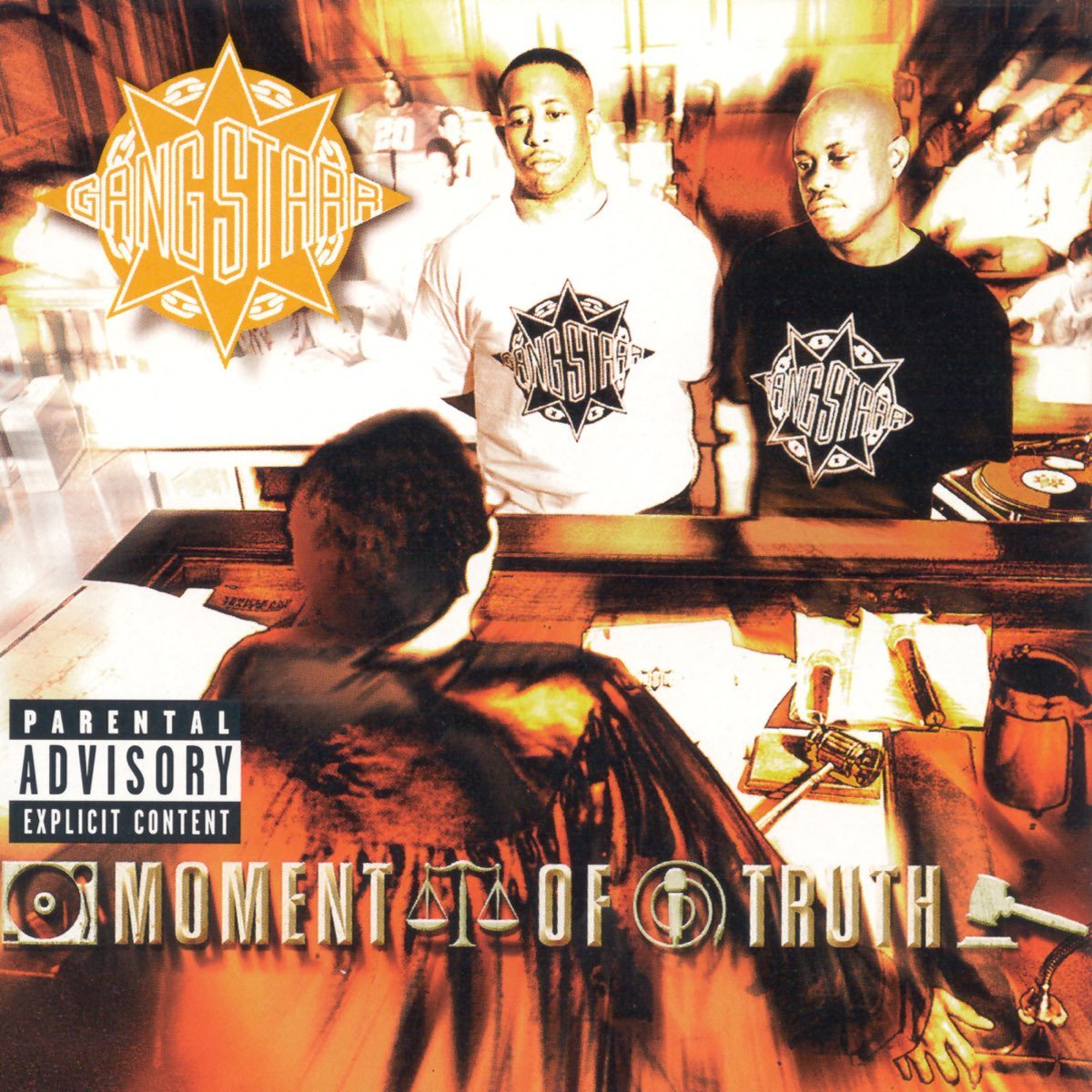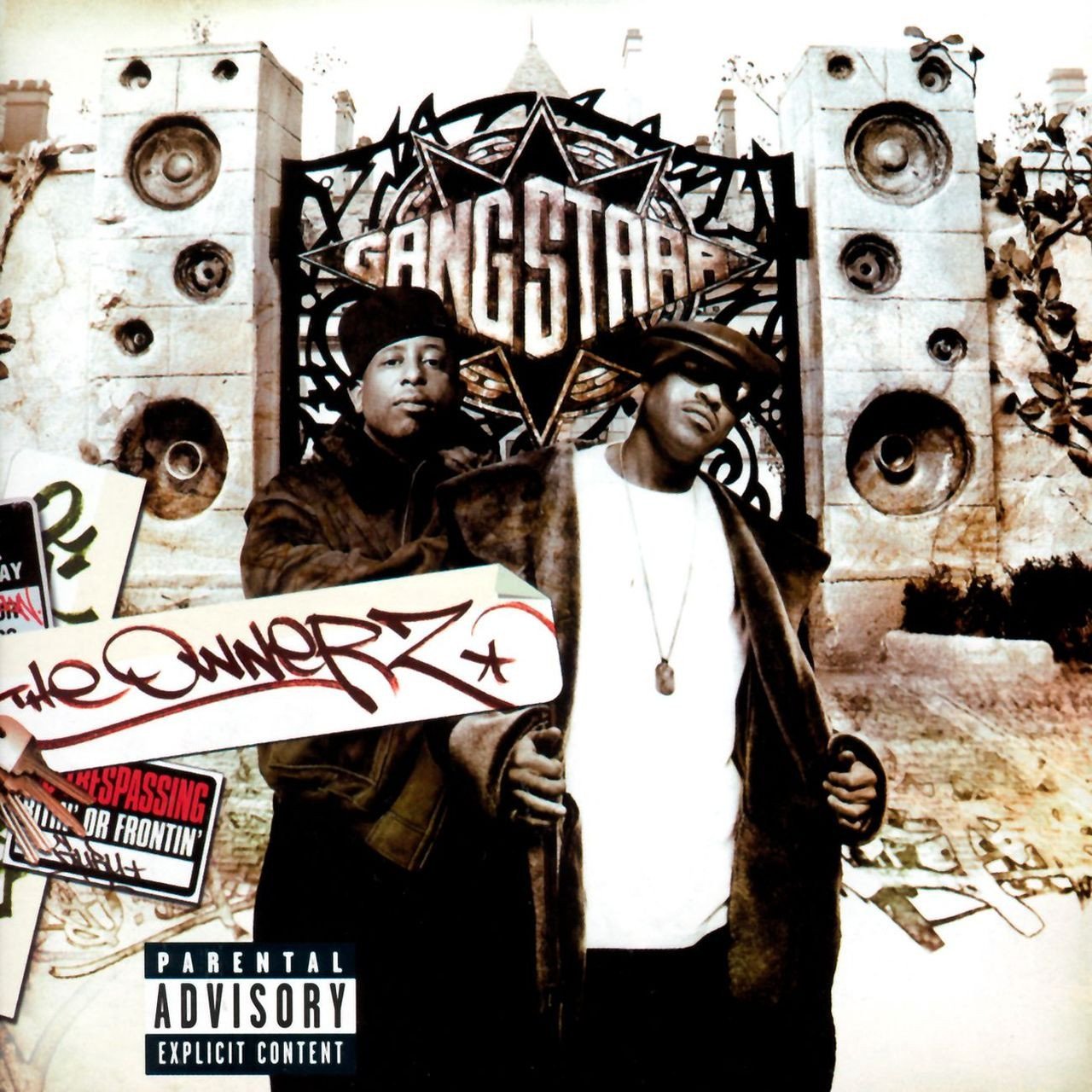Happy 30th Anniversary to Gang Starr’s fourth studio album Hard To Earn, originally released March 8, 1994.
There are pretty much two schools of thought about which year was hip-hop’s dopest. For many strict traditionalists, it was 1988. They have a good argument—I wrote A LOT of tributes last year to the embarrassment of riches that was unleashed upon the public a little over 35 years ago. 1988 was essential to building the foundation of what hip-hop has become in the three decades since.
But the other prevalent school of thought is that hip-hop peaked a quarter of a century ago. That argument is sound as well, since 1994 introduced us to some of the greatest and most important artists in hip-hop history, while spawning loads of monumental albums. Furthermore, by 1994 hip-hop was not completely focused on the NY/LA axis, so dope music was surfacing from all across the country.
Personally, I don’t come down on either side of the argument. However, I certainly acknowledge that 30 years ago I spent a ton of money on tapes, and have lost track of all of the great albums released that year. I also know that the first indication that 1994 was going to be a truly special year for hip-hop was when I first heard Gang Starr’s Hard To Earn.
Hard To Earn is Gang Starr’s fourth full-length, and it’s their best, in my opinion. Keith “Guru” Elam and Chris “DJ Premier” Martin were already known as one of the strongest MC-DJ duos making hip-hop, and this album further solidified their status. Gang Starr personified the gritty, boom-bap, beats and rhymes approach that New York-based hip-hop was known for during the early to mid ’90s. Somewhat ironically, neither member is in fact from New York (Guru is from Boston, MA and Primo was born and grew up in Houston and Prairie View, TX). And among Gang Starr’s six studio albums, Hard To Earn is the one that feels the most quintessentially New York.
DJ Premier is regarded as one of the greatest producers in hip-hop history, with many considering him to be number one. Primo really started making his case for that title with Hard To Earn. Arguably the most skillfully produced album in the duo’s discography, Primo demonstrates the breadth and depth of his production talent across the expanse of the long player.
Hard To Earn has the most memorable opening of any Gang Starr album, starting with “The First Step,” Guru’s essential spoken instructions for aspiring rappers on how to conduct themselves around established artists. He continues to hold court on “ALONGWAYTOGO,” where he explains the importance of work ethic and commitment to hip-hop if you’re going to excel in this field. The song was apparently originally recorded for the Poetic Justice soundtrack, which explains all the allusions to the title of the Janet Jackson/2Pac film vehicle within the lyrics.
Watch the Official Videos:
Gang Starr had always been partial to spending time to educate ignorant rappers and Hard To Earn showcases this. “Mass Appeal,” the album’s first single, is a dedication to the creation of no-frills, strictly skills hip-hop. DJ Premier has said that the song was originally intended to be a joke, or a send-up of how popular rap groups compromise their sound in order to get radio play. However, in truth it became the archetypal Gang Starr track. Yes, on the surface, the song sounds simplistic built around a keyboard loop from a very obscure jazz track, but it still feels raw as Guru rails against those who are “losing the race trying to chase mass appeal.”
“Suckas Need Bodyguards,” the album’s third single, is another testament to preserving genuine sentiment in hip-hop, as Guru delivers a blistering missive towards those who pretend to be untouchable street warriors, but are afraid to walk the streets without security. Guru rages at phony gangstas, proclaiming that he “is now the brother that you’re fearing / Beware when I’m making hits with Premier and / Rolling to a spot near you, lyrics tear through / Chrome to your dome, you better watch your rearview.”
As with their previous albums, Gang Starr address socially conscious topics on Hard To Earn as well. “Code of the Streets,” the album’s second single, addresses the mentality of those populations living in the grip of poverty throughout the country, and examines the thought process that drives many of the young men in these economically disadvantaged communities towards living through illegal means. Meanwhile, “Tonz of Gunz” comments on the proliferation of firearms throughout the country that has led to chaos. The song doesn’t come down as pro- or anti-gun, but serves more as a request for a sensible assessment of how society values firearms.
As Gang Starr’s career progressed, Guru grew more confident on the microphone and his skills steadily improved. At the same time, he began to open up even further through his lyrics. Through listening to Gang Starr’s albums in succession, the listener gains a sense of his personality as they continued to release albums. Guru shares his “origin story” on the jazzy, bluesy, and even reggae-tinged “The Planet,” as he relates his decision to relocate from his Boston home to the borough of Brooklyn, explaining, “I’m on a mission, ’cause if I stay I’ll go crazy.” He does an excellent job in immersing the listener in the sights and sounds associated with living in Bedstuy, back when it was “Do or Die.” As he details the intricacies of the different neighborhoods throughout the borough, he gives you a real sense of the space, and an inkling of how he came to view Brooklyn as a second home.
“Mostly the Voice” is Guru’s tribute to his instrument of choice. Guru’s deep, smoky vocal tone was one of hip-hop’s most distinctive, and he possessed one of the most distinctive voices in the genre. Primo’s production here accentuates Guru’s intonation, as he provides a funky bassline and occasional horn stabs. Guru’s lyrical performances is strong here, beginning the track by announcing, “Up steps one, and he gets done / Then up steps another, he gets smothered / That's word to mother, or should I say moms / I drop bombs, scorching n****s like napalm.”
“Brainstorm” is another clear highlight, a frenetic, chaotic collaboration between Guru and Primo. The beat is one of Primo’s most inventive on the album, featuring a complex drum track and a mix of wailing siren-like noises and whistles, while he adds furious scratches to the “chorus.” Guru manages to sound both laid back and menacing with his multiple rhyme schemes, rapping, “And when you fake, you break. When suckers choose, they lose / I’m like lethal to you and your people / It’s like an outrage, when punks step on stage / With the weak show, weak flow, and still make dough.” Guru later draws his verse to a close with one of his illest and most cleverly delivered lines, promising to “burn out your eyeballs, and leave a note in Braille.”
Enjoying this article? Click/tap on the album covers to explore more about Artist:
Hard To Earn served as the introduction to the Gang Starr Foundation, a collection of emcees that had rolled with the duo for years, some even before the group released their 1989 debut No More Mr. Nice Guy. Guru’s childhood friend Big Shug joins him on “F.A.L.A.,” as the two trade rugged rhymes over delicate pianos. The Boston-born Shug was in the earliest incarnation of Gang Starr, rhyming with Guru, but still active in street crime. After a bid in prison, Shug straightened things out and joined Guru in Brooklyn, becoming a member of the Gang Starr camp. Though Shug was still growing as an emcee on “F.A.L.A.,” he contributes some memorable lines, including “Word to Joe Frazier, got to do what pays ya / Give a n***a pain like dysplasia!”
“Speak Ya Clout,” featuring Jeru the Damaja and Lil’ Dap, is another of Hard To Earn’s most memorable songs. A sequel to “I’m the Man” from Gang Starr’s previous release, Daily Operation (1992), the track serves as both a showcase for Primo’s production skills and the range of lyrical talent that the Gang Starr foundation had to offer. This time leading off the track, Jeru contributes a memorable verse, his first since his star-making turn on the single “Come Clean.” Lil’ Dap of Group Home delivers possibly the strongest verse of his career, boasting, “You can't tell a motherfucker what to do with his life / N****s tend to live trife, so I react with a mic.”
Primo’s production skills are integral to the song’s success, as he provides a different beat for each emcee, each distinct and tailored perfectly to capture the mood of each verse. Primo utilizes different techniques with each separate beat, from sound manipulation to expert chopping, to create one of his production masterpieces.
It would be more than four years before we got another Gang Starr album, the underrated Moment of Truth (1998). But by 1994, Gang Starr had earned a bit of break, with Hard To Earn being their fourth album in five years. The album served as a launching pad for DJ Premier to prove himself as one of the most adept producers to ever work behind the boards. It also represented the beginning of the golden era for the Gang Starr Foundation, as Primo produced Jeru’s solo album The Sun Rises in the East (1994), which was released a few months later. The run would culminate with Group Home’s Livin’ Proof (1995), Premier’s Sistine Chapel. In between these gems, he would produce notable tracks for artists like Nas, Biggie Smalls, KRS-One, and Das EFX.
There may be a few better albums by other New York-based hip-hop artists, but Hard To Earn feels like the pinnacle of the Boom-Bap sound. It boasts an undeniable authenticity and conviction that permeates the entire soundscape and every one of Guru’s bars. Produced during the height of the genre’s powers, it’s a testament to the fact that hip-hop is serious business. Hip-hop doesn’t get more real than this.
LISTEN:
Editor's note: this anniversary tribute was originally published in 2019 and has since been edited for accuracy and timeliness.





